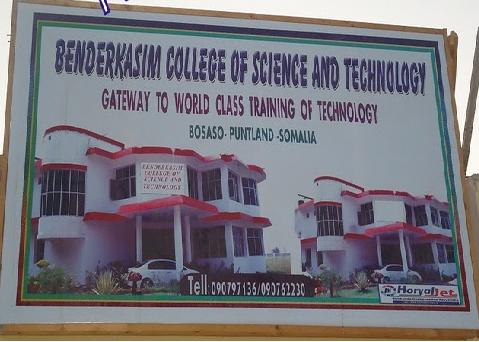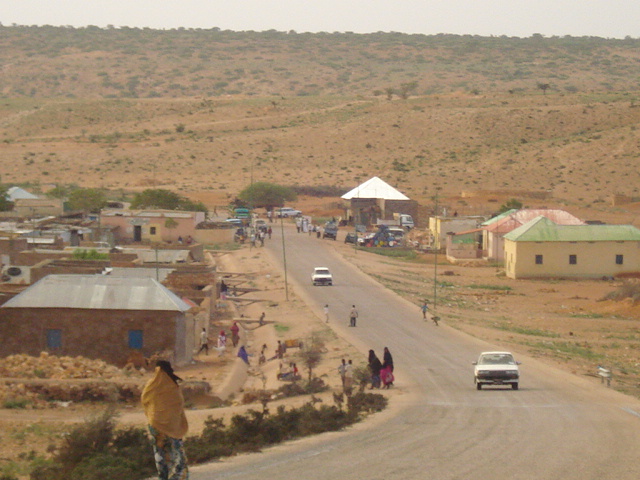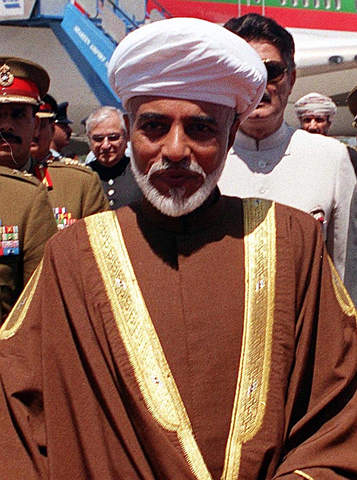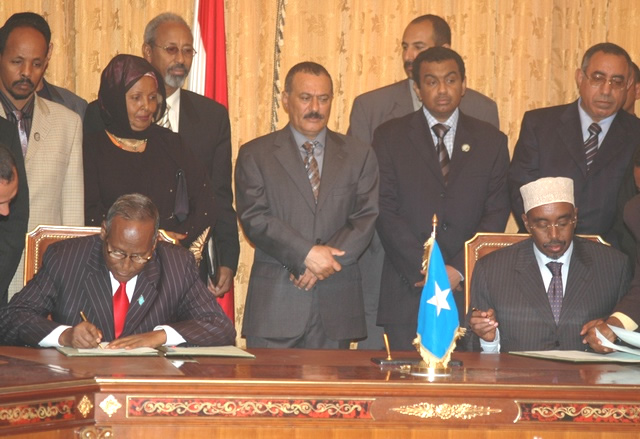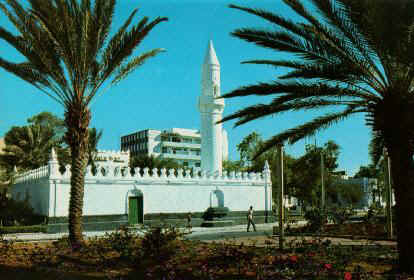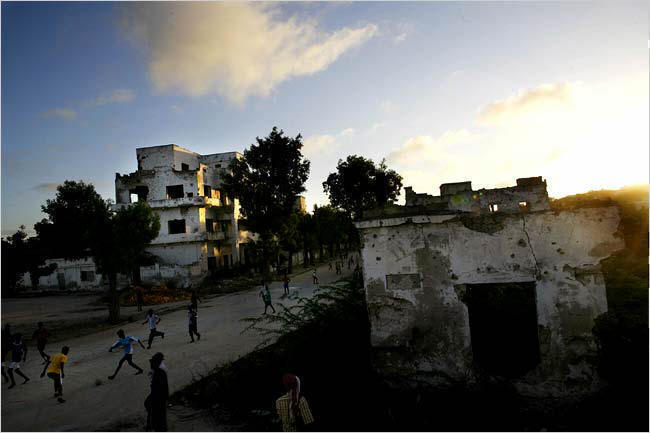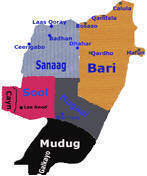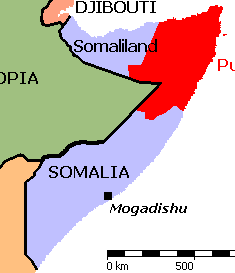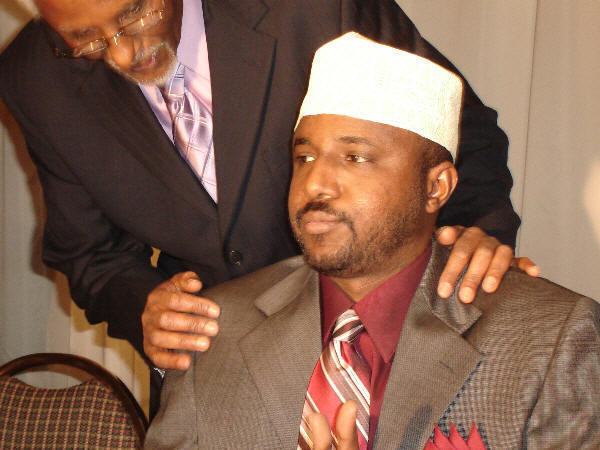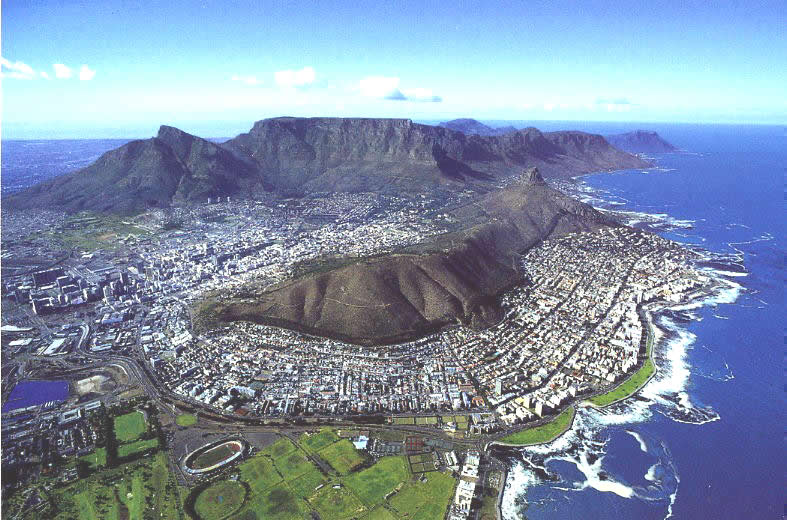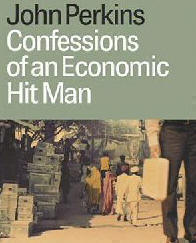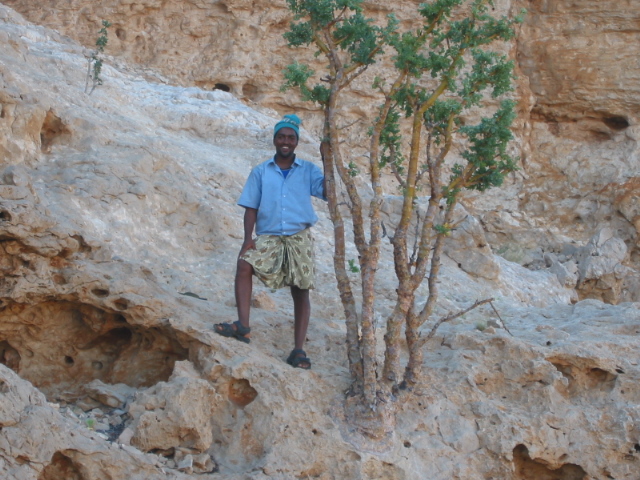
The Birth of two Decades of Mayhem
Part I
January 27, 2011
.jpg)
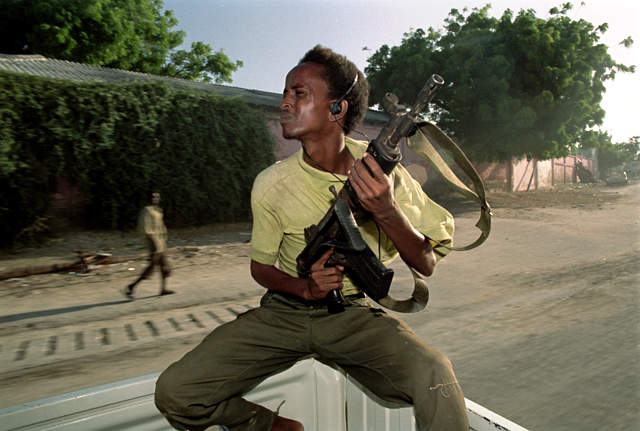
For the �Looma Ooyaan� residents of
Introduction: Since the collapse of the Siyaad Barre regime in 1991
The history of the emergence of these clan-based political and armed factions illustrates that factions mobilized their clansmen by utilizing clanism and what Roobdoon Forum refers as Islamic Liberation Theology.
Without a doubt, warlords had legitimacy issue in mind, when addressing to the public. In their speeches, the practice of referring to themselves as good-doers and their opponents as evil-doers was the norm. They trumpeted of themselves as saviours of Somali unity, nationalists, as well as religious men who realized the necessity to end Siyaad Barre`s dictatorial regime and thus willing to establish a new all-inclusive broad-based government.
Warlords preached moral codes that concerns all walks of life � from prohibition of Haram food and drinks to the preservation of unity and stability. At the same time, militias loyal to these warlords caused mayhem � haphazardly raping, pillaging, and murdering innocent civilians. When asked about their actions, these warlords put the blame on external factors, throwing the causes of their actions to the defunct Siyaad Barre regime.
As opposed to the 1990s wars, the current wars in
For the �Looma Ooyaan� residents of
Zooming into the 1990s interviews and statements, given by the spokespersons and leaders of Somali factions, enables us to prove that clan-animosity account of the Somali civil war has not been given the scholarly attention that its magnitude warrants, even after twenty years of clan-warfare. This clan-animosity feeling can in fact be derived from faction joint communiqu� and statements; and therefore, posting selections of these public relation statements should be a matter of concern to all Somalis � particularly, to those who are in the field of Somali Studies.
After all, clan factionalism disguised in English acronyms (formed from three or four initial letters which include the sacrosanct letter �S�) are now facts of life for Somalis. The words and deeds of the turbulent faction followers have ordained to presuppose that faction spokespersons assumed a monumental role in fuelling clan-hatred. As a result of that, the Forum rushes in to investigate and share with you excerpts of faction communiqu�s, hoping to find solutions to the current tragic political situation in
USC Spokesman on Mogadishu Battle, Future Plans
December 31, 1990, 1709 GMT
[From the �Focus on
Well, as you heard, the group claiming responsibility for much of the military success against Somali Government troops is the United Somali Congress, the USC. However, it is not yet clear whether they intend to seize
[Begin recording] [(Robleh)] It was evident from what was happening in
[White] So, you do not think it is necessary all is going to be over today or tomorrow?
[(Robleh)] No, Siyaad Barre has been in power for a long time: and it will take really good fighting, which we are ready for.
[White] Now, according to our correspondent in
[(Robleh)] I believe that figure is a gross underestimate of our men in the area.
[White] How many men do you have under arms?
[(Robleh)] The men that are under arms with the USC are in thousands. Apart from the ex-army soldiers and officers, a large number of the nomadic population in the area of central and southern Somalia have been given training and are all armed now.
[White] So, you are saying that government troops have come over and joined you?
[(Robleh)] Yes, they have been doing that for quite a long time. The USC activity, apparently, has been underreported by the world media, but this has been going on for the last two years in which the USC has existed.
[White] You are claiming to have liberated the
[(Robleh)] These are in the northern part of
[White] So, you are coming from the north?
[(Robleh)] Yes, we are coming from the north, from the road that leads from
[White] And these are all suburbs where your own people are, so to speak?
[(Robleh)] That is right. That is right.
[White] Which clan is this?
[(Robleh)] This is... [pauses] There are several clans. This is the Hawiye tribe. But the USC also is supported by other tribes in southern and central
[White] Is it not clear that by attacking, as you are doing, you are going to cause massive civilian casualties?
[(Robleh)] We are very discriminating in our attacks. The indiscriminate attacks are coming from Siyaad Barre`s forces.
[White] You would say that, would you not? But you are the people doing the attacking, so you are the people who are going to be responsible for mass civilian deaths, surely?
[(Robleh)] You cannot say we are responsible for mass deaths. The main reason why we have to fight is to stop people being killed, which is happening regularly in
[White] So, if by any chance you are successful and you overthrow Siyaad Barre and you occupy
[(Robleh)] Yes, the USC has done a thorough work in what it will do in the future, and the first thing we will do is to convene a meeting with all other opposition groups so that we could all sit down peacefully and work out a constitution, a democratic constitution which will provide for the rights of every Somali, regardless of his tribe or the region that he comes from.
[White] It sounds fine in theory; but in practice, do you not think that the rebel movement in the north, the SNM [Somali National Movement], is likely to seize its chance and themselves march on the capital and demand power, for they have been fighting [words indistinct]?
[(Robleh)] There is one thing that is sacrosanct and that is the unity of the Somali people. Everything else can be discussed.
[White] So, would your movement be prepared to hand over if it, by any chance, managed to seize Mogadishu would it be willing to hand over to the SNM?
[(Robleh)] I do not understand what you mean by handing power over to the SNM. We will share the power. [end recording]
USC Rebel, Government Spokesman Interviewed
January 05, 1991, 0730 GMT
[From the �Saturdays Only� program; hosted by Robin White]
[White] I am joined in the studio by (Suara Mussa), press officer of the Somali Embassy in London, who was in Somalia until the beginning of this week; (Mohamed Robleh), spokesman for the United Somali Congress, the USC; Dr. (Mohameh Salah), a Somali academic; (Mohamed Ahmad Sheikh), a Ph.D. student, who has just returned to England from Somalia; and by (Florence Pax), who is in charge of our Somali Service. Now Robleh, if I can begin with you: Exactly what was the objective of your assault on
[(Robleh)] Well, the assault was not planned for a long time. It had to be � it was precipitated by the killings of the government of the local population that were being killed by the (?Red Barracks), the military police.
[White] So it was unplanned, this operation?
[(Robleh)] Yes.
[White] And you prepared the [word indistinct]?
[(Robleh)] It was-the situation was so bad, we were forced to start.
[White] Now, how much of
[(Robleh)] Most of it.
[White] What do you mean most of it � which districts?
[(Robleh)] Most of the district is � according to the latest information that we have, the USC forces are just at the port, on one side; at the (Unishef) Hospital of the (Anziloti) Road; and at Kilometer Four. They were earlier nearer to the airport and the bunker of Siyaad Barre, but he had been using artillery and heavy tanks and even sometimes missiles, which were falling in parts that were very far from where the USC forces � the frontline of the USC forces.
[White] It sounds like you are admitting you are being driven back a bit?
[(Robleh)] Well, of course, in a situation like this, the front is always fluid.
[White] (Suara Mussa) from the Somali Embassy here in
[(Mussa)] Yes, I have to contradict here, because they do not control anything at all. And I tell you this from the fact that I was there and I know what is going on, and it is unfortunate that Mr. (Robleh) in
[White] So how much do the rebels control?
[(Mussa)] They do not control anything. The only thing that happened was that there was a group of armed men who started shooting innocent people and have infiltrated in two districts of the capital. Then the security forces had to move in and stop them. I therefore reject totally everything that Mr. (Robleh) has to say here.
[White] But it`s not just him that says it, a lot of diplomats are saying that the rebels do control a portion of the capital � we`re not quite sure how much, but that`s what they`re saying.
[(Mussa)] I tell you that the diplomats are not better informed than I am. It is true that they may hear things here and there. It`s also true that they use their local contacts, but this is nearly always one-sided.
[White] Now, (Mohamed Ahmad Sheikh), you were in
[(Sheikh)] Well, the fighting has (?spread) in the central part of
[White] How many USC people, according to you, were actually involved in the fighting on Sunday?
[(Sheikh)] Well, that`s very difficult to say because people say the actual military forces, the USC forces who have infiltrated into Mogadishu, were not many, but they have managed [word indistinct] in these districts where they have fought against the government.
[White] Do you think the rebels are going to lose this bout of fighting?
[(Sheikh)] Militarily they may be pinned down and get out of
[White] Are they getting reinforcements, (Robleh)?
[(Robleh)] Yes, because most of our forces were not really near the city. A month ago they were about 30 miles from
[White]
[(Pax)] Well I think yesterday, today, and tomorrow are fairly decisive for who will have control, because if reinforcements don`t arrive, I imagine that the government forces, who are armed with heavy artillery and with tanks, are bound to be able to suppress an uprising in certain districts which are armed lightly and, as far as we can tell, have no military leader of any standing with them. However, if [word indistinct] the guerrillas, the urban guerrillas can keep on fighting for a few more days-say, another five or six days, which makes more than a week-then I would have thought it was possible, if the army is really being called back to Mogadishu and I have heard stories that the (Gowem) for instance has had its garrison recalled.
[White] What is the (Gowem)?
[(Pax)] That is a good distance inland from
[White] And those troops, you are saying, have been recalled?
[(Pax)] That is what I have been hearing. Now, if troops are either coming back in an organized way to defend Mogadishu, or are being told to find their own way back to defend Mogadishu, or perhaps deciding that it`s time they went home, if Mogadishu is home, then it is possible for reinforcements � and perhaps not USC, perhaps other rebel groups � to decided this is the time to join up in Mogadishu. But this takes a long time. For instance, if the SNM [Somali National Movement] were interested in
[White] Can I just ask you, before we move on to talk about other movements in the country, about the level of support, if any, being given to the USC � popular support to the USC � by ordinary civilians in Mogadishu? Were they supporting this revolt in the capital, or not?
[(Sheikh)] Well the opposition again has... Siyaad Barre has been taking [word indistinct] and for the last two months he has taken a clanic [word indistinct] and he has tried to call the support of all the (?barons) against the Hawiye, who support...
[White, interrupting] The USC is basically � yes?
[(Sheikh)] ...who basically support the Hawiye. The USC is not short of manpower in
|
|
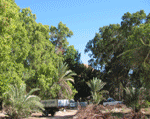 Sawirro Somaliya 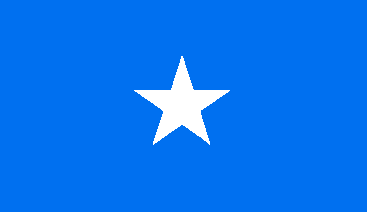 |
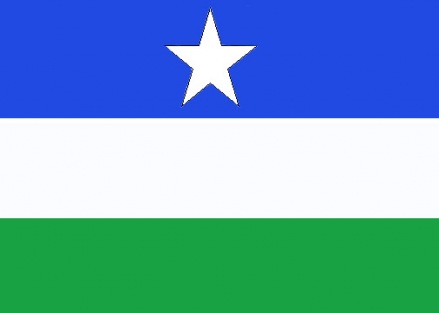
|
GOVERNANCE
The Scourge and Hope of Somalia A New Book By Ismail Ali Ismail 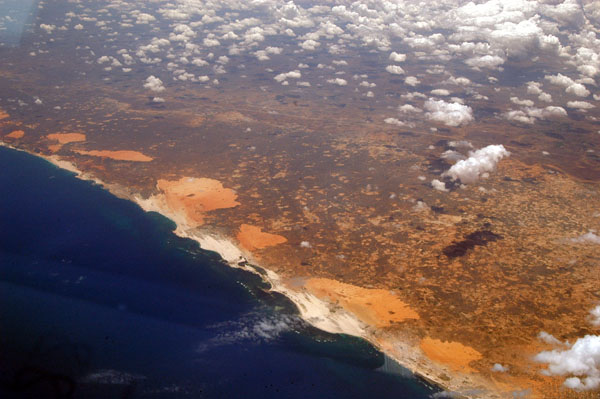 Which Way to the Sea, Please? By Nuraddin Farah Dhulkii Burcad-Badeedda .jpg) Budhcad Badeed Weli Qiil ma Leeyahay? 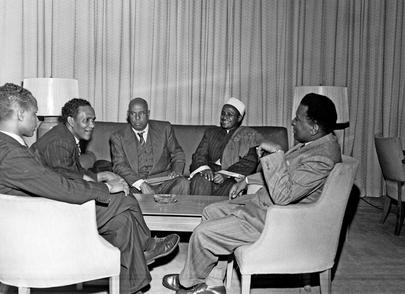 SYL LETTERS By A S Faamo |
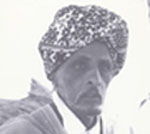 |
 |
© Copyright BiyoKulule Online All rights reserved�
Contact us [email protected] or [email protected] |

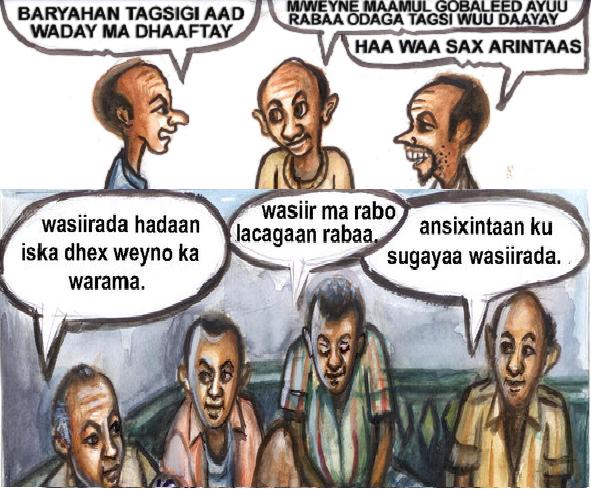
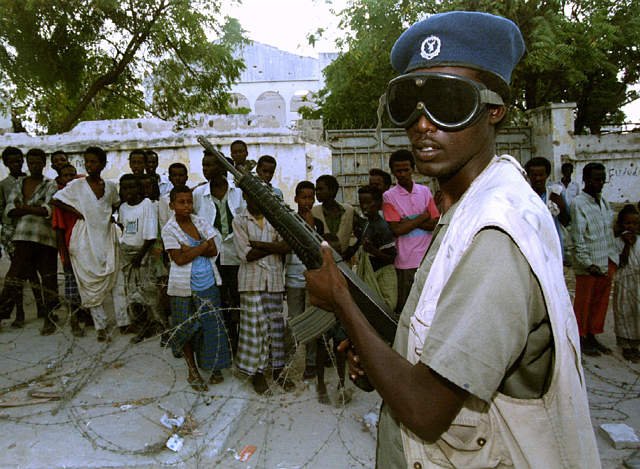


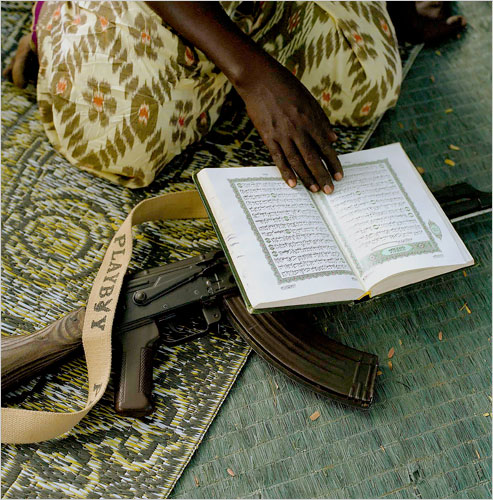

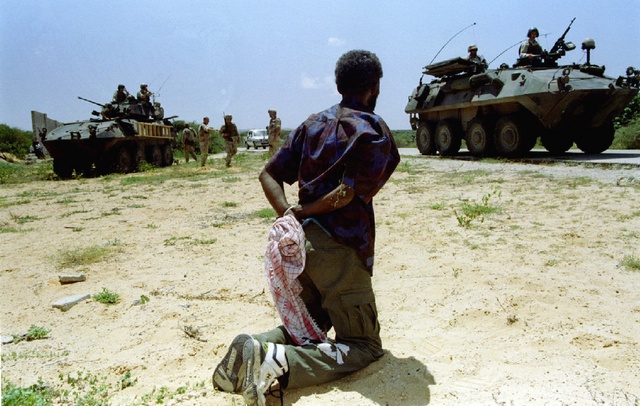
.jpg)


